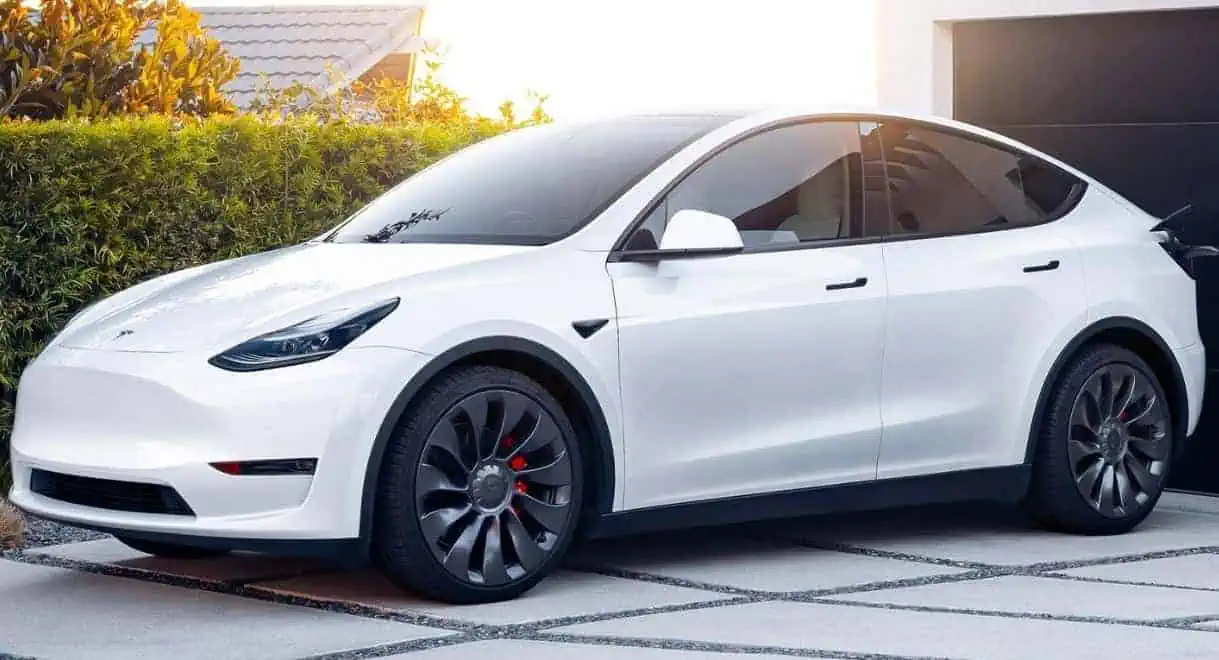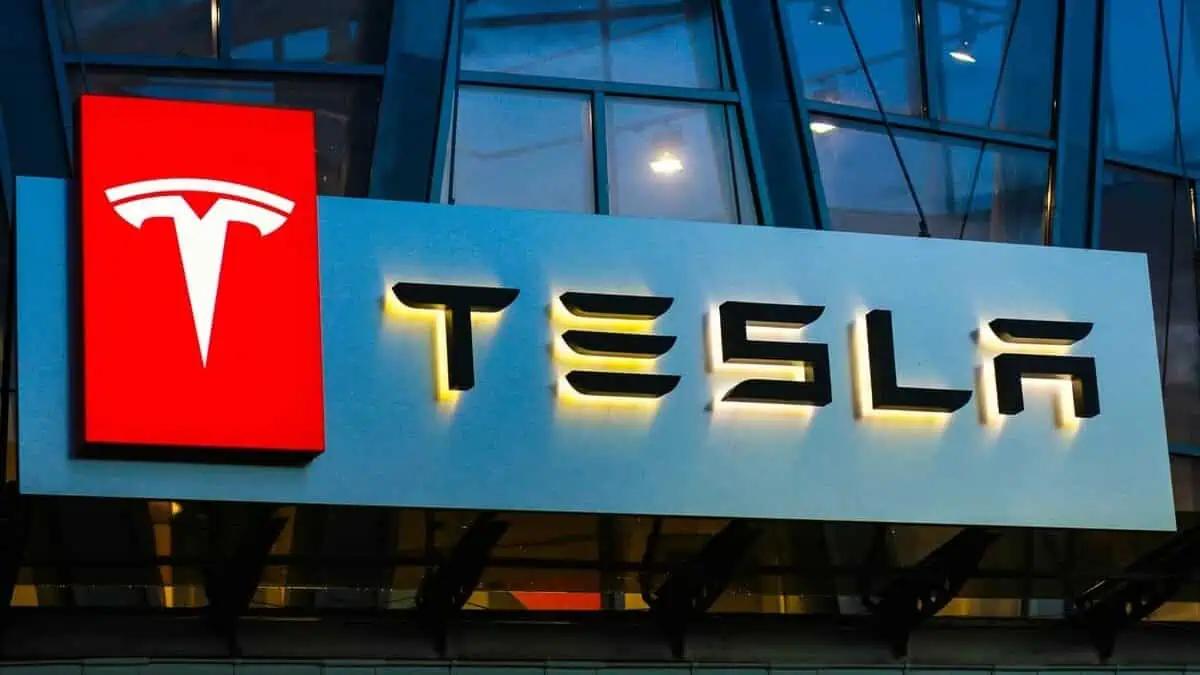There are currently 287.6 million vehicles operating on US roads as of the second quarter of 2023, up from 284.4 million units in the same period last year.
Of that total, electric vehicles accounted for more than 2.7 million units. According to Experian’s Automotive Consumer Trends & Analysis, this figure now represents 1% of the US’ total vehicles in operation.
“The report analyzes cars, light duty trucks, and full electric vehicles. It does not focus on plug-in hybrid (PHEV) or hybrids.”
Kirsten Von Busch, Experian’s Director of Product Marketing for Automotive (via CleanTechnica)
Retail EV registrations over the past 12 months
The report further indicated that the US has registered more than 840,000 new retail electric vehicles in the past 12 months.
This significant registration growth enabled EVs to account for 7.5% of the country’s overall new retail vehicle registrations. It must be noted that it includes luxury and non-luxury EV models.
“The new EV registrations include retail only. It does not include any other types of vehicles, such as fleets, rentals, etc.”
Kirsten Von Busch, Experian’s Director of Product Marketing for Automotive (via CleanTechnica)
Interestingly, electric cars beat all other segments with a 28.56% share of the overall new retail EV registrations in the US. CUVs and pickups followed with shares of 22.08% and 3.64%, respectively. Refer to the table below:
| Segment | Market Share |
| Cars | 28.56% |
| CUVs | 22.08% |
| Pickups | 3.64% |
| Sports Cars | 1.48% |
| SUVs | 0.26% |
| Vans | 0.06% |
“While cars and crossovers continue to dominate market share for new EV registrations, it’s worth noting that the volume of SUVs, pickup trucks, and vans has increased. We’re seeing more OEMs enter the EV market, offering wider model availability. This could impact consumer purchasing behavior in the future.”
Kirsten Von Busch, Experian’s Director of Product Marketing for Automotive (via CleanTechnica)
As for the vehicle class, here’s the data:
| Vehicle Class | Market Share |
| Non-Luxury Electric Vehicles | 22% |
| Luxury Electric Vehicles | 77% |
Top-selling luxury brands for the last 12 months
As expected, leading American automaker Tesla dominated the rankings with an 81.61% share of the luxury EV market.
German legacy automaker BMW followed with a share of 4.42%, significantly behind the Musk-led company.
Rivian and Mercedes-Benz followed with shares of 3.76% and 3.27%, respectively. Audi ranked fifth with a 2.52% share.
| Luxury Brands | Market Share |
| Tesla | 81.61% |
| BMW | 4.42% |
| Rivian | 3.76% |
| Mercedes-Benz | 3.27% |
| Audi | 2.52% |
Top 10 retail luxury EV models for the last 12 months
Tesla’s popular electric vehicle models Model Y, 3, and X claimed the top three spots with the corresponding shares: 47.36%, 27.30%, and 4.42%. The Tesla Model S ranked fifth with a share of 2.53%, just behind the BMW i4’s 2.82%.
“Much of Tesla’s market share can be attributed to model availability. The range of models and vehicle segments they offer has appealed to the EV buyer, however we’re seeing more OEMs enter the EV market, offering a wider availability of models. With additional options for consumers to choose from, we could expect market share to shift over the coming years.”
Kirsten Von Busch, Experian’s Director of Product Marketing for Automotive (via CleanTechnica)
Presented below is the full list:
| Luxury EVs | Market Share |
| Tesla Model Y | 47.36% |
| Tesla Model 3 | 27.30% |
| Tesla Model X | 4.42% |
| BMW i4 | 2.82% |
| Tesla Model S | 2.53% |
| Rivian R1T | 2.31% |
| Mercedes-Benz EQS | 1.98% |
| BMW iX | 1.48% |
| Rivian R1S | 1.44% |
| Audi Q4 e-tron | 0.93% |
See Also:
Tesla continues to dominate the luxury electric vehicle market with its S3XY lineup. Notably, the arrival of the revamped Tesla Model 3 Highland and the imminent launch of the Cybertruck will further boost Tesla’s share in the US market in the coming quarters. In effect, EV adoption in the US will continue to progress and accelerate.
However, as Director Busch stated, charging infrastructures remain a main barrier to the wider EV uptake. That said, the government must continue to impose programs and policies to boost the country’s EV charging network.






